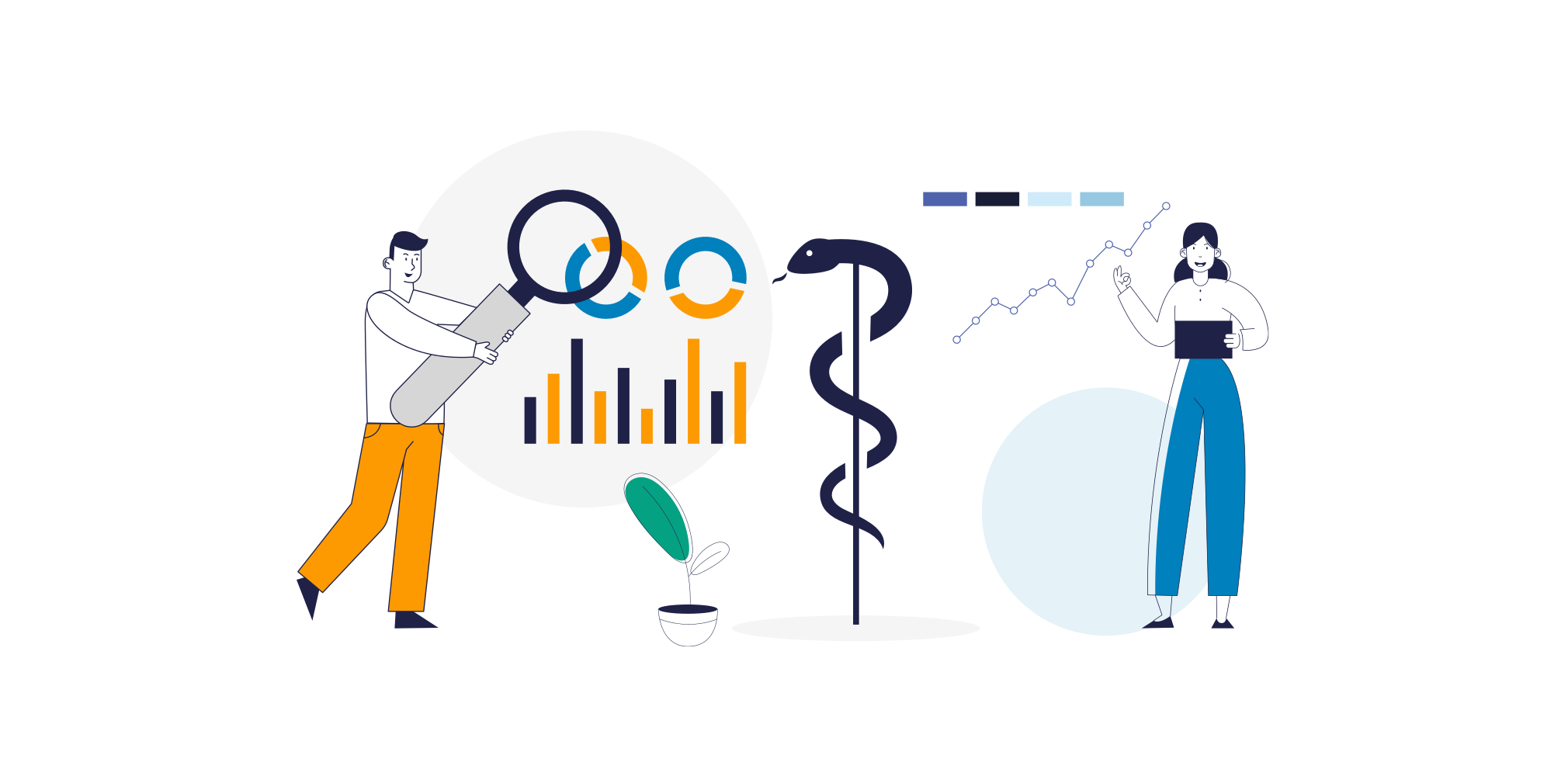Health data warehouses (HWD)
Mission
Support
Type of actor
Research player
Fields of intervention
Health / Social care / Social / Medical Device
Intervention zone
Regional / National

What are Health Data Warehouses (HDW)?
Health data warehouses (HDWs) centralize, process, store and make available medical data from a variety of sources: patient management, socio-demographic data, previous research, pathology registries, etc. These data are reused for research, studies, evaluations, the production of health indicators, strategic steering and assistance tools. These data are reused for research, studies, evaluations, the production of health indicators, strategic steering and care assistance tools.
These databases are kept for at least 10 years. In 2024, the CNIL lists around a hundred EDSs, managed by public or private players.
🎯 Missions
There is a wealth of data collected in healthcare establishments, with significant potential for research, innovation and improving healthcare systems. However, they are not always organized into health data warehouses (HDWs), which limits their potential for reuse for research purposes.
The main missions of HDWs are:
- To centralize health data from a variety of sources (prescriptions, test results, medical images, electronic medical records, medical devices, etc.);
- To ensure the storage, retrieval and management of health data from a variety of sources (prescriptions, test results, medical images, electronic medical records, medical devices, etc.).) ;
- Ensure data storage, security and confidentiality in compliance with current regulations ;
- Facilitate data analysis for research projects, epidemiological studies, clinical trials, etc.
- Guarantee data interoperability ;
- Manage, structure and cleanse data to guarantee quality and usability ;
- Develop health tools, applications and indicators to improve patient care.
💡 I have a project, how can contacting a Health Data Warehouse (HDW) help me?
Contacting a Health Data Warehouse (HDW) can enable you to:
- Access rich, high-quality data, for example to easily identify patients eligible for a study;
- Accelerate your projects and improve the quality of your results thanks to the analytical tools and technical support of EDSs;
- Work in a secure, regulatory-compliant environment;
- Facilitate data exchange between different healthcare systems, improving the coordination and efficiency of your project;
- Establish partnerships with healthcare institutions, regulatory bodies and technology companies.
🤝 At what stage of my project should I contact an EDS?
You can contact Health Data Warehouses (HDWs) throughout your project's lifecycle. That said, it's beneficial to involve them from the earliest phases.
For example, at the design stage, HDEs can help you identify the types of data needed and the appropriate analysis methods. They can also provide information on data availability, regulatory requirements and the resources needed to access and use this data.
💸 Do they finance projects?
No, Health Data Warehouses (HDWs) do not fund projects.
📖 Practical guide
All the questions you need to ask about Health Data Warehouses (HDWs).
Who's the right person to talk to?
You can usethe mapping tool set up by the CNIL to explore current searches and find relevant projects.
You will have access to the description of the warehouse, the status of the actor in charge, its geographical location and possible networks of actors in case of data sharing.
Is there a charge for EDS services?
Yes, EDS services can be paid for.
Can I set up an EDS?
The CNIL regulates personal data, including health data. Thus, it accompanies, authorizes and controls the implementation of health data warehouses (EDS).
To find out more: Guide to creating a health data warehouse (EDS)
What are the differences between an EDS and a research project?
A data warehouse enables several subsequent processes to be carried out, while a research, study or evaluation project uses the data on a one-off basis for a specific study. Moreover, a research project aims to meet a specific scientific objective.
What regulations apply to the data contained in an EDS?
DHSs must comply with the principles of the regulations on the protection of personal data: definition of responsibilities, purpose, lawfulness, governance, minimization, retention period, and appropriate technical and organizational measures.
These principles are detailed in the Referential relating to DHSs drawn up by the CNIL

